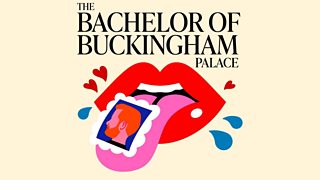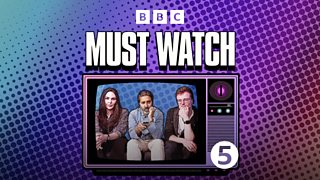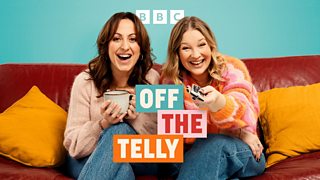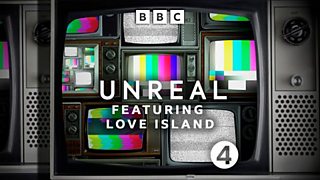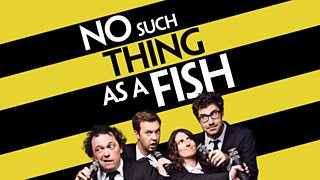The bizarre show that tricked US women into dating fake Prince Harry
The intoxicating fairytale.
A prince falls in love with an ordinary girl, they tie the knot and live happily ever after.
Except that’s only in the story books.
When it’s not real, it’s “uncomfortable”. “Psychological abuse”. “Cat-fishing on a whole new level”?
On ����ý Sounds podcast The Bachelor of Buckingham Palace, former Buzzfeed TV editor Scott Bryan dives into the extraordinary 2014 reality show ‘I Wanna Marry Harry’ where 12 American women are led to believe they are competing for the affections of Prince Harry.
Only their royal paramour is a bloke called Matthew Hicks who has merely a passing resemblance to Queen Elizabeth’s grandson.
And that’s how it begins.
“Fodder for the braindead”
When I Wanna Marry Harry was broadcast in May 2014, it abhorred the critics.
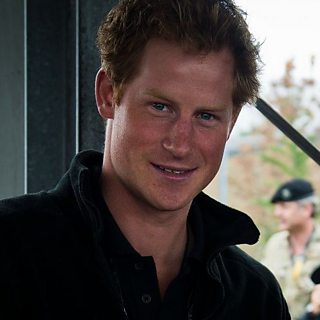
The Telegraph headlined its review “fodder for the braindead”, labelling the concept as “manicured catfishing”.
The Guardian panned “a cliché wrapped in a stereotype”, while noting the 12 women caught up in this charade are pawns for the audience to chortle at.
Indeed, it was actually pulled from air after four episodes in the US, with the remaining four not available until nine months later online. In the UK, ITV2 clung on and broadcast the whole series.
From the first moment, the producers strive to sustain the pretence: a luxury country house setting in Berkshire, ‘Prince Harry’ arriving by helicopter surrounded by bodyguards, an emergency evacuation after a security breach. Even rogue paparazzi spotted in the bushes.
Re-watching the show 10 years on, Bryan says he feels “guilty” after finding himself “laughing at rather than with the women”.
For British audiences, it is obvious Hicks is not Harry. But, as Bryan pertinently asks, how well would we know the family of the US president? Or that of the Canadian Prime Minister?
Hicks does not have to be a perfect match, and the royal setting need not be unblemished. It just has to be enough to convince people who are not surrounded by pictures of the royals all the time.
“I didn’t ask too many questions or probe into the layout of the show,” Kimberly, the eventual winner, tells The Bachelor of Buckingham Palace. “But I soon came to think, ‘Dear Lord, what have I signed up for?”
Was I Wanna Marry Harry that bad?
In 2014, the reality TV landscape was crowded.
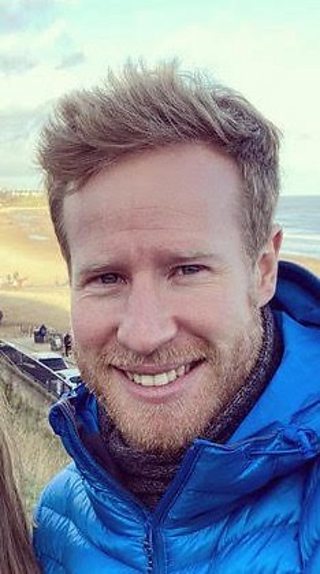
Originally aired in 2002, The Bachelor is probably the biggest success story – it wrapped up its 28th season in May of this year. Its concept is simple – 25 eligible women compete for the love of a man before one receives a marriage proposal.
Beyond that, reality shows of this age were chaotic, competitive – and producers were looking for the next hook to capture an audience that increasingly, says Bryan, wanted “higher stakes and bigger reveals”.
And nowhere was this more obvious than in American dating programmes.
Ex-treme Dating had been tried – a TV show that put two people on a blind date while an ex-partner sought to sabotage it by speaking to the other person through an earpiece.
There was More To Love, where a single plus-size man tries to find love among 20 plus-size women.
Or finally Playing it Straight, featuring a woman having to guess how many of the male contestants she was dating were actually gay. The show was cancelled after just three episodes after being hammered by critics for promoting negative stereotypes.
Hardly a salubrious group.
It was into this world I Wanna Marry Harry was pitched: “Not classy by comparison,” says Bryan, “but maybe not as bad as some of the other stuff out there.”
And Prince Harry himself was different 10 years ago.
When the show was created, the then-third in line to the throne was king for the tabloid press. Wild weekends in Vegas, a constant stream of rumours in sensational press stories about his love life… perhaps he could have been tempted onto a reality TV show.
After all, Danny Fenton, who created I Wanna Marry Harry, insists the prince was disappointed he had not been asked to be involved.
You decide.
-
![]()
Must Watch
Scott Bryan, Hayley Campbell and Nihal Arthanayake with your weekly guide to the best (and worst) in new TV and streaming shows.
-
![]()
Off The Telly
What are we watching? Natalie Cassidy and Joanna Page chat all things telly.
-
![]()
Unreal: A Critical History of Reality TV
Journalists Pandora Sykes and Sirin Kale explore how reality TV shapes our lives and the ethical questions raised by the format.
-
![]()
No Such Thing As A Fish
An award-winning podcast from the QI offices. The researchers behind the hit ����ý show gather round the mics to discuss the most entertaining facts they’ve found this week.
